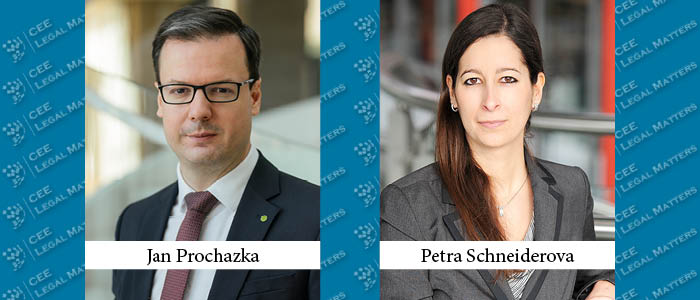In The Debrief, our Practice Leaders across CEE share updates on recent and upcoming legislation, consider the impact of recent court decisions, showcase landmark projects, and keep our readers apprised of the latest developments impacting their respective practice areas.
Update of Regulations Relating to Foreign Nationals
Two laws concerning the work and residence of foreign nationals in Serbia have been updated this July. The Serbian Parliament has adopted the amendments to the Law on Foreign Nationals (“LFN”) and to the Foreign Nationals Employment Act (“FNEA”). Among the main reasons for these amendments are harmonization with EU regulations and standards, as well as the current trend of increased presence of foreign workforce in Serbia, the need for which is expected to continue to be on the rise.
Decision of the Council of Ministers No. 413, On the Determination of Entry, Residence, and Employment in the Republic of Albania of Foreign Nationals, Employees of an IT Company
On 07.07.2023, the Council of Ministers of the Republic of Albania adopted the Decision "On the determination of entry, residence, and employment in the Republic of Albania of foreign nationals, employees of an IT company" (hereinafter referred to as the “Decision”).
Implementation of the EU Directives on Work-Life Balance and on Transparent and Predictable Working Conditions: Czech Republic
The EU Directives on Work-life balance and on Transparent and predictable working conditions are expected to take effect in the Czech national legislation in the second half of 2023 with some exceptions starting on 1 January 2024. They will bring about significant changes and obligations for the employers. What will they mean for businesses?
Cobalt Represents TREV-2 Group in Before Supreme Court
Cobalt successfully represented TREV-2 Group in a lawsuit involving a former employee sending several sensitive employer materials to their personal e-mail address shortly before the termination of his employment.
Implementation of the EU Directives on Work-Life Balance and on Transparent and Predictable Working Conditions: Croatia
The EU Directives on Work-life balance and on Transparent and predictable working conditions were introduced into the Croatian national legislation in January 2023 and brought about significant changes and obligations for employers. What do they mean for businesses?
New Law on Employment of Foreign Workers in Hungary
On 13 June 2023, the Hungarian Parliament adopted a new law regulating the employment of foreign workers. The law introduces the concept of guest workers (third-country nationals from countries outside the EEA and from non-neighbouring countries) and establishes guidelines for their employment in Hungary.
































